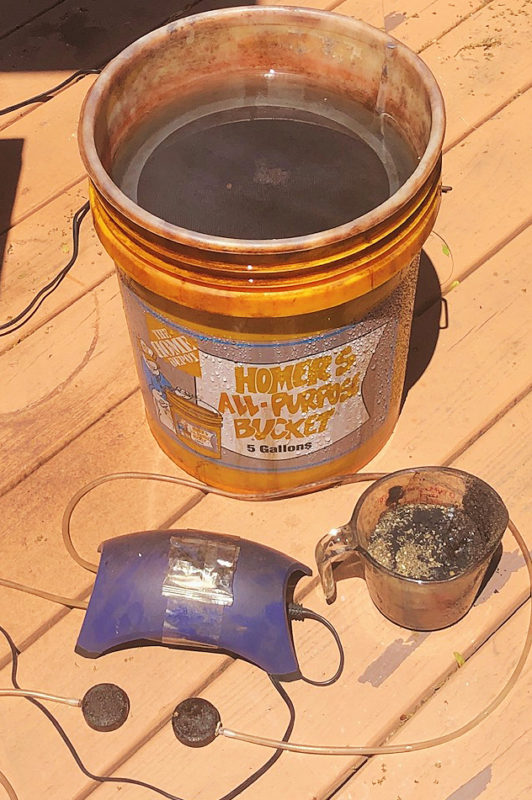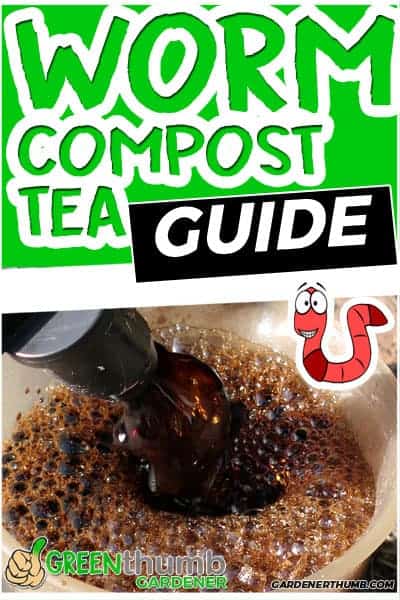
Place fluffy or layered material over bedding to ensure a moist, dark, and covered environment. Place damp, but not wet, newspaper strips or cardboard pieces in the bottom for bedding. Puncture many small holes in the bottom, sides, and top for proper air flow in the bin. Begin with a container that has good surface area width is more important than depth. There is very little odor from an indoor worm bin. After the initial set up, the operation is relatively cost free and takes just a few minutes a week. Worm composting can be very simple by using an inexpensive bin or more complex by using a multi-level housing unit. Since vermicomposting uses very little space, even apartment dwellers can manage it. Worms require only a few things to live: food, bedding, water, air, and a mild temperature. 
Harvesting methods include beds upon screens where food is only put toward the top and the screens filter from the bottom. Controls must be in place for odor, temperature, pest, run-off, and moisture levels.
Vermicomposting is commercially operated outdoors with windrows, where large volumes of waste are handled, usually from a city or recycling participant such as Walmart®. Personal recycling and composting can be managed by individuals with limited space, time, and resources. Vermicomposting is ideal for a small scale operation. Philippines Worldwide interest United States India Canada Educational groups from around the world. The composted material can be used to improve and enrich soil.  They break down the scraps into their original components and produce nutrient-rich humus. They are fed common household refuse, such as egg shells, hair, coffee grinds, and table scraps. Worms are given a home, bedding, and a controlled climate in which to live.
They break down the scraps into their original components and produce nutrient-rich humus. They are fed common household refuse, such as egg shells, hair, coffee grinds, and table scraps. Worms are given a home, bedding, and a controlled climate in which to live. 
It’s nutrients are bound to carbon containing molecules and are gradually released as needed. Worm excrement increases a plants resistance to disease and pests because it does not cause a sudden, unnatural growth.Worm castings increase the tilth of the soil.

Compared to worm castings, synthetic fertilizers are expensive, dissolve relatively quickly, leach into the environment, and contribute to run-off pollution.Worms enable recycling on an individual level.Worm composting is compact and does not require outdoor space.Their vermicast is a high quality soil amendment, which allows plants to flourish. Their movement helps loosen compacted soil, increasing air porosity, and water holding capacity. Vermicomposting recycles trash in an efficient and environmentally friendly manner.Their digested excrement (called vermicast, worm manure, humus, or castings) is full of nutrients that can be incorporated into soil to help with plant fertilization, soil enhancement, and soil stability. Vermicomposting is a process that uses worms (usually Red Wrigglers or European night-crawlers) to recycle garbage.








 0 kommentar(er)
0 kommentar(er)
